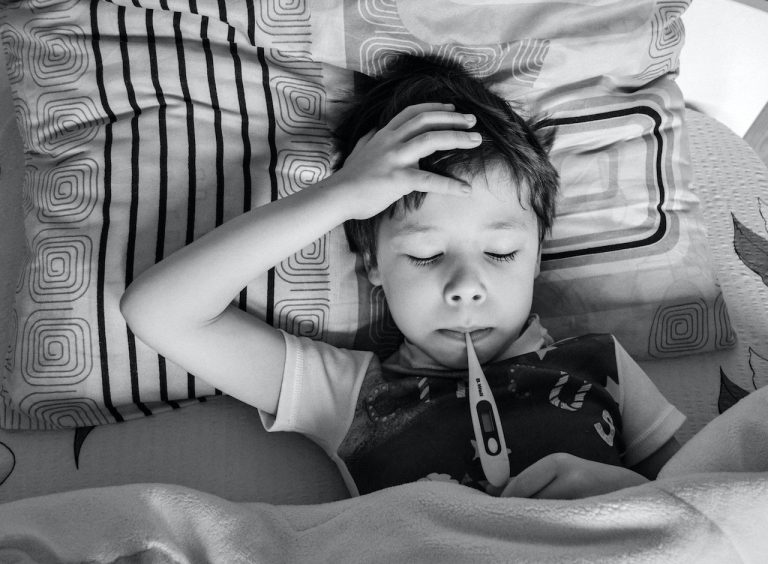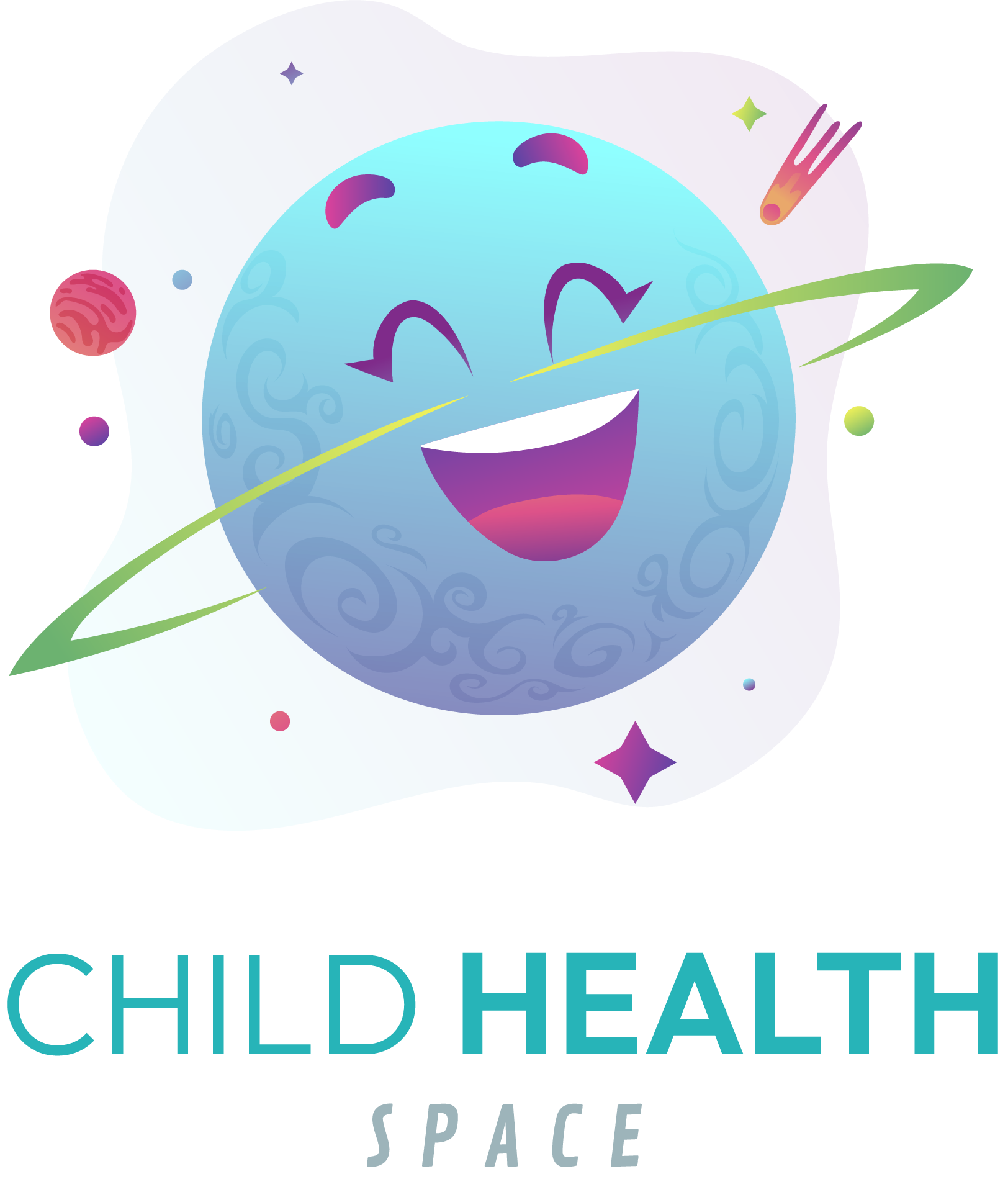Teenage Depression: Causes, Symptoms, and Treatment.

Teenage depression is a serious mental health issue that impacts a significant number of teenagers around the world. It is a condition that can affect the emotions, behavior, and well-being of teenagers. There are various factors that contribute to the emergence of teenage depression, and it is essential to understand these factors so that appropriate treatment can be started on time. In this article we will discuss the causes, symptoms, and treatment options for teenage depression.
What is Teenage Depression?
Teenage depression is a mental health problem that affects teens between 13 and 18 years of age. Depression is characterized by continuous sorrow, hopelessness, and a feeling of worthlessness. In this condition, individual feels a loss of interest in previously enjoyable activities, difficulty sleeping, and variations in appetite. These symptoms can have a significant effect on a teen’s daily routine and, if left untreated, can result in serious complications.
Teenage Depression Causes
There are several causes of teenage depression that are complicated and may vary from individual to individual. Some of the most common factors are:
Biological factors:
Some of the most common factors are: Biological factors: Any change in the chemistry or functionality of the brain may lead to depression. Hormonal imbalances, genetic factors, and medical conditions can all cause depression in teenagers.
Environmental factors: Teenagers who see traumatic things like abuse, harassment, or the death of a loved one are possibly more likely to develop depression. Social isolation, stress at school, and problems with relationships are all environmental factors that can lead to teenage depression.
Psychological Factors: There are various psychological factors that may worsen the symptoms of depression like negative thoughts pattern, low self esteem and lack of coping skills. Stress and other mental health problems in teenagers are also contributing factors to develop depression.

Teenage Depression Prevalence:
Depression is a prevalent mental health disorder in teenagers. According to National Institute of Mental Health of USA around 3 million teenagers of ages between 12 and 17 have experienced a severe depressive episode in the previous year. Girls are twice as prone as boys to suffer from depression.
Symptoms of Teenage Depression:

Teenagers suffering from melancholy may experience a variety of emotional, behavioral, cognitive, and physical symptoms including:
Emotional Signs Include:
- Persistent sadness or despair
- Irritability or anger
- Guilt or worthlessness
- Loss of interest in activities
- Anxiety
- Withdrawal from family and friends
- Changes in appetite or weight
- Insomnia or oversleeping
- Restlessness or agitation
- Reduced energy or exhaustion
- Increased drug or alcohol use
- Difficulty focusing or making decisions
- Negative or self-critical thoughts
- Suicidal ideation or self-harm thoughts
- Headaches or stomachaches
- Dizziness or lightheadedness
- Muscle aches or pains
- Shortness of breath or rapid pulse
Suicidal Ideation and Self-Harm:
Teenagers suffering from depression may have suicidal thoughts or indulge in self-harm behaviors. If a teen expresses suicidal thoughts or self-harms, seek urgent medical attention.
Risk Factors for Teenage Depression
1.Genetics:
Depression, like many other mental health problems, can be inherited. If there is a family history of depression, the likelihood of getting this condition increases.
2.Childhood Trauma:
Childhood abuse and neglect may adversely affect mental health. Children who experience trauma may develop depression.
3.Family Conflict and Stress:
Family conflict and stress can both add to adolescent depression. This can include conflict with parents or siblings, divorce, financial hardship, and other family-related stressors.
4.Academic and Social Pressure: Academic and social pressure, like good grades in exams, extracurricular activities, and a social life, can lead to teenage depression.
5. Substance Misuse: Another risk factor for adolescent depression is substance abuse. Drug and alcohol use can change brain chemistry and add to the development of depression.
When Should a Teen Seek Medical Help for Depression?
1.Consistent Sadness or Irritability: If the teenager is always sad, anxious, or angry for a periods of 2 weeks, it could be a sign of depression.
2.Loss of Interest in Activities: If your adolescent stops engaging in activities they used to enjoy or stops socializing with friends, this could be a sign of depression.
3.Changes in Appetite or Sleep: Depression can affect eating habits, like overeating or appetite loss, as well as changes in sleeping patterns, such as insomnia or oversleeping.
4.Difficulty Concentrating: Depression can make it difficult for teens to concentrate on tasks, which can lead to problems at school or work.
5.Physical Symptoms: Physical symptoms caused by depression include headaches, stomachaches, and other inexplicable aches and pains.
If your loved one shows any of these symptoms, consult with a doctor immediately.
Teenage Depression Diagnosis
Teenage depression can be difficult to diagnose because symptoms differ and can be attributed to other causes. However, a variety of screening and evaluation tools can be used to assess a teen’s mental health. Self-report questionnaires, interviews with mental health experts, and behavior observation are examples of these tools.
- Persistent sadness or hopelessness are diagnostic factors for depression.
- Disinterest in pursuits.
- Changes in eating or sleeping habits.
- Fatigue
- Concentration problems.
- Suicidal or self-harming thoughts.
If your child is depressed, immediately seek professional help. A mental health professional will do a complete examination and suggest with a treatment plan including therapy, medication, and other changes to improve quality of life.
Teenage Depression Treatment
Treatment of Teenage depression usually consists of therapy, medication, and lifestyle changes. The following are some common therapy options:
1. Psychotherapy, Talk therapy, or psychotherapy, involves working with a mental health professional to identify and treat depression’s causes. Cognitive-behavioral therapy (CBT), which changes negative thought habits, and IPT, which builds relationships and communication skills, are examples of such treatments.
2.Medication: Antidepressant medications may be given to help manage depression symptoms. These antidepressants change the chemical working of the brain to improve mood and decrease sadness, lethargy, and anxiety.
3. Alternative Therapies: A multidisciplinary approach involving a group of healthcare professionals can be especially successful in treating adolescent depression. Mental health, medical, and other healthcare providers may collaborate to build a comprehensive treatment plan.
Helping a Depressed Teenager
If you think a teen is depressed, offering emotional support and encouraging them to seek professional help is critical. Here are some suggestions for assisting a depressed adolescent:
1. Discussion About Depression: Talking about mental health is difficult, but starting a discussion about depression is the first step. Inform the adolescent that you are concerned about their well-being and encourage them to pursue professional assistance.
2.Offer Emotional Support: Because depression can be a lonely and alienating experience, it is critical to offer emotional support to the adolescent. Let them know you’re available to listen, assist, and encourage them.
3.Practical Methods to Assist: You can assist a depressed adolescent by taking practical steps. This can include assisting them in scheduling meetings with healthcare providers, encouraging them to engage in activities they enjoy, and assisting them in developing a healthy lifestyle routine.
4.Importance of Self-Care: Caring for a depressed adolescent can be emotionally draining, so it’s important to prioritize self-care activities like taking breaks, finding support, and start doing things they really enjoy.
FAQs
1. What is the distinction between sadness and depression in teenagers?
Sadness is common and natural feeling that everyone experiences from time to time. It’s a natural reaction to a complex or difficult circumstance, such as a breakup, a poor grade, or the death of a loved one. Sadness typically passes and does not interfere with everyday life.
While depression is a severe mental illness that can last even for years. Constant feelings of sadness and hopelessness, as well as a lack of interest in previously enjoyable activities, characterize it. Common physical symptoms of depression are fatigue, insomnia, and appetite changes.
2.Can teens’ use of social media lead to depression?
There is some evidence that teens who spent a lot of time on social media can feel depressed. According to research, excessive use of social media can increase anxiety and low self-esteem and all of these are contributors to depression. Parents and caregivers must monitor their teenagers’ social media use and urge them to take breaks from their devices. Parents and caregivers must monitor their teenagers’ social media use and urge them to take breaks from their devices.
3.How can I assist a depressed teenage without going too far?
If you are worried about a teen who may be depressed, it is critical to provide support without overstepping boundaries.
- Encouraging them to seek professional help from a mental health provider
- Listening to them without judgment and validating their emotions
- Offering to help them find resources and support groups
- Informing them that you are accessible to speak with them while also respecting their need for privacy and autonomy
Conclusion
Finally, teenage depression is a serious and often overlooked problem that can have long term severe consequences. So, it is important for parents, teachers, and healthcare professionals to identify and start appropriate support and treatment for depression.
There are many potential causes of teenage depression, including genetics, environmental factors, and life events such as trauma or loss. There are treatments available for teenage depression like therapy, medication, and lifestyle changes such as exercise and healthy eating habits. It is important to note that seeking help for teenage depression is not a sign of frailty. If you or your loved one suffering from depression, contact trusted mental health provider to improve your quality of life.
Remember!!!
You’re not alone.
It is possible to manage teenage depression and live a happy life with the right help and care. Let’s work together to break down mental health stigma and create a brighter future for young people everywhere.







